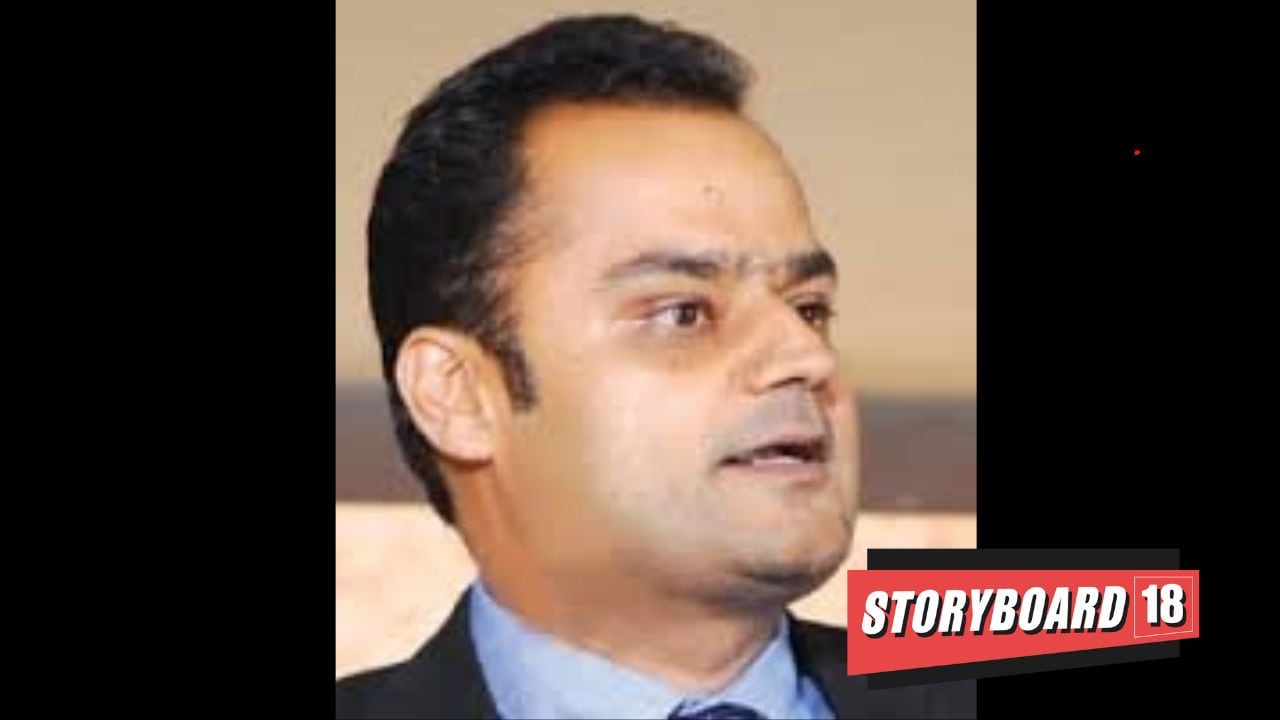Tata Motors recently became the third Tata Group firm to cross Rs 3 trillion in market cap. In an exclusive dialogue with Storyboard18’s efitor Delshad Irani, Shubhranshu Singh, VP and CMO, Tata Motors shares his thoughts on artificial intelligence.
While addressing the topic of artificial intelligence and its impact on brands, Singh says, “ChatGPT, Bard or large language models like Llama give marketers and brands the tools to be able to have qualified and unqualified conversations, and assist people in their journeys. And that I think is true for customer facing as well as inside the organization processes that can be really magically transformed.”
Singh reflects further on artificial imagination and says, “If you were doing referencing – let’s say classically a campaign was being made in the past, you had the kernel of an idea then you shaped something around it. Then people came with literal scripts, then you had a mood board, then you had a story Universe, then you had references, scratch videos then you were able to conjure the possibility of what my film would look like.”
“Today, even as a cheat sheet, that kind of a process gets done in a matter of hours if not minutes, which does not mean that every output is going to be significantly better. It’s like saying every film in colour is better than every film in black and white, which is not true. So I think it’s about the imagination that is going to be ahead of where the human boundary or human horizon was.”
Singh touches upon the topic of man and machine. He says, “There are the doomers and the boomers. The doomers say the world’s coming to an end everybody will collaborate but I’m not in that camp at all. I believe when Photoshop came along it seemed as magical, and when the radio first arrived and several households congregated at one place to listen to it. It was as magical as well. Therefore, I think the rate of adaptation for humans and society and professions is a little ahead of AI even today. I’m not a Doomer, I don’t believe we are all done and that no humans will have any worthwhile jobs to do. I think it will be a multiplicative factor. Certainly some of these new players will emerge to be in the league of big Tech. They will become humongous corporations in their own right. ”
Having said that, Singh thinks narrow intelligence may actually be more fruitful than artificial general intelligence. “If I am typing something and the sentence is being prompted for me to be completed, that is also artificial intelligence at work- we just don’t perceive it that way. So I think a lot of what it’s like is going to be a bit like an iceberg; what is below the surface is equally or maybe more foundational than what is apparent and in the public eye.”
Watch the interview on CNBC Storyboard18.
